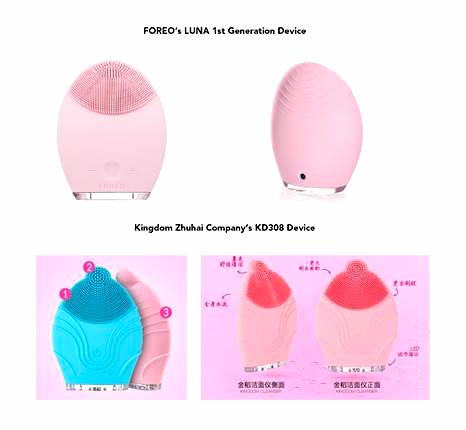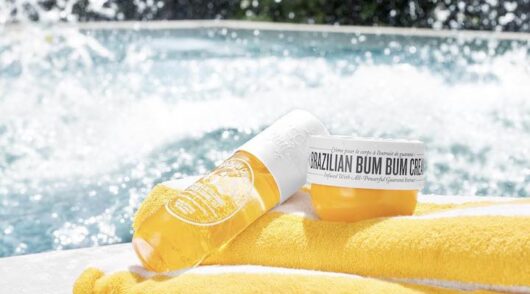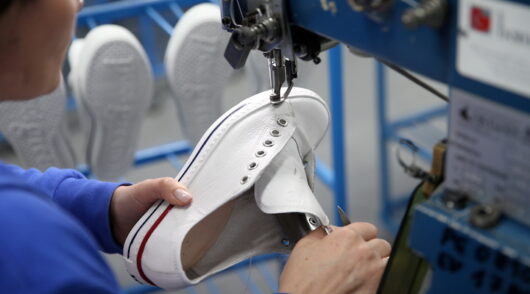Swedish skintech brand Foreo has been awarded a judgement of RMB3 million (US$450,000) in an unprecedented court ruling in Shanghai.
The ruling is thought to be the largest counterfeit-related payout for design infringement in Shanghai Intellectual Property Court history. The court ruling sided with the Swedish beauty-tech company following a 24-month-long IP court proceeding and 12-month trial that found the defendant, Kingdom Zhuhai Company, guilty of infringing Foreo’s Luna design patent with its own product.
The courts ruled in favour of Foreo and made history in awarding the significant compensation payout for economic losses and reasonable expenses.
Kingdom Zhuhai Company is thought to have achieved sales in excess of RMB35 million ($5 million) from online e-commerce sales, mainly on the Alibaba and Tianmao platforms.

The court had to distinguish whether the defendant’s product was infringing the design patent of the Luna range, as well as how to calculate the damages. On both points, the defendant was ordered to pay compensation and immediately stop infringing Foreo’s design patent.
“The court issued a warrant, which enabled us to get relatively objective figures from Tianmao and Alibaba platforms,” said Foreo’s global legal director Kelsay Tang. “Taking the retail price, reasonable profit, and design patent contribution of our Luna into consideration, the court concluded that our claim of RMB3,000,000 was solid. Given that IP protection is a relatively new concept in China, not to be confused with patent law which was created in 1984, we are seeing major progress on IP protection over the past years and this case bucks the trend.
“Within Foreo, we have many cases in China where counterfeiters making fake Foreo products have been incarcerated, a feat we could not achieve without the support of the domestic China legal framework.”
According to last year’s Global Brand Counterfeiting Report, worldwide losses incurred due to counterfeiting amounted to more than $320 billion in 2017, with 80 per cent of the world’s counterfeiting coming from China.
China’s new e-commerce law came into operation last January and could have been the first signs of change for counterfeiting in China. The new law applies to three types of operators; e-commerce platform operators like Taobao, third-party merchants who sell goods and services on third-party e-commerce platforms, and online vendors operating their own websites or which do business via other network channels, such as social-media sites.
The new law brought with it increased pressure to online retailers to encourage a fight for the sale of counterfeiting and copycat merchandise on their sites. As well as covering the requirement for registration and licensing of e-commerce operators, taxation, electronic payment and e-commerce dispute resolution, the new law also gives protection of intellectual property.
Affecting China’s e-commerce players, the new law now makes all e-commerce platform operators jointly liable with the merchants for selling any counterfeit or copycat merchandise goods on their website under some necessary legal conditions. Previously, individual merchants were solely liable when caught selling fake or knock-off goods, while now e-commerce players can be fined up to RMB2 million ($286,000).
“While this judgement is a great victory for Foreo, the important fact remains that Chinese courts are waging war on counterfeiting in its own backyard and it’s working,” said Foreo founder Filip Sedic. “We are truly grateful for the great support of the China legal system, not solely in Shanghai and this case exclusively, but all over China where the legal system is supporting change and traps the reason for trade war in China generally.”
“Retailers and marketplaces, not only in China but across the world, need to place a higher regard on IP protection for brands,” he said.






